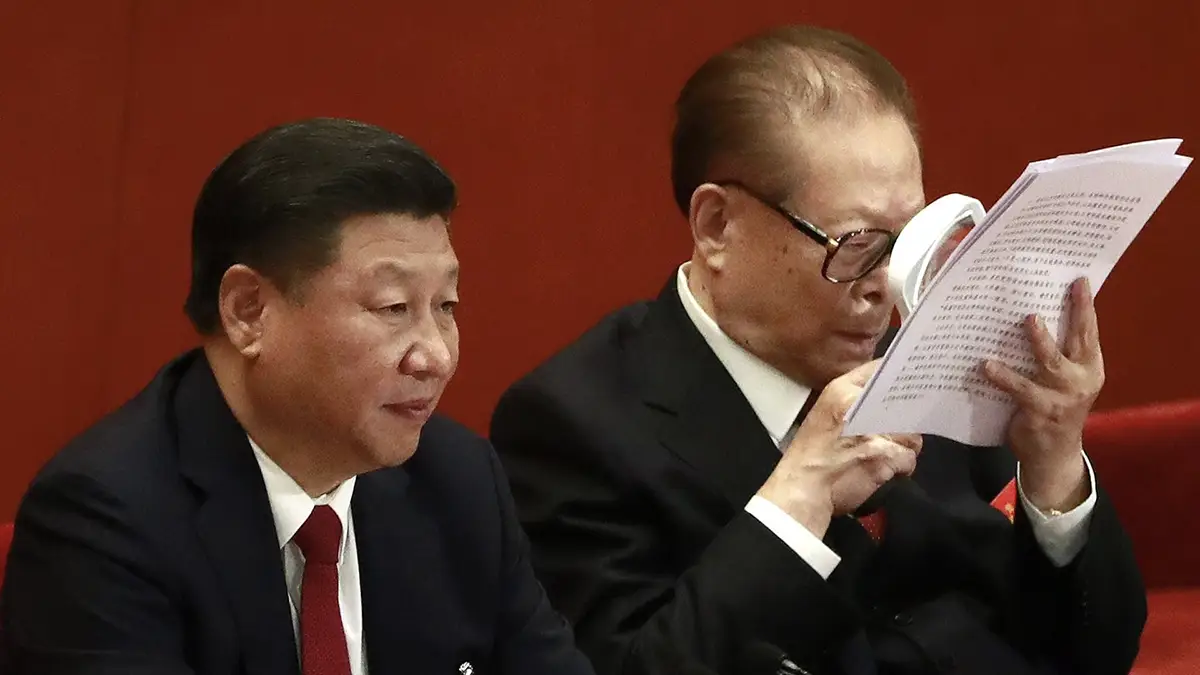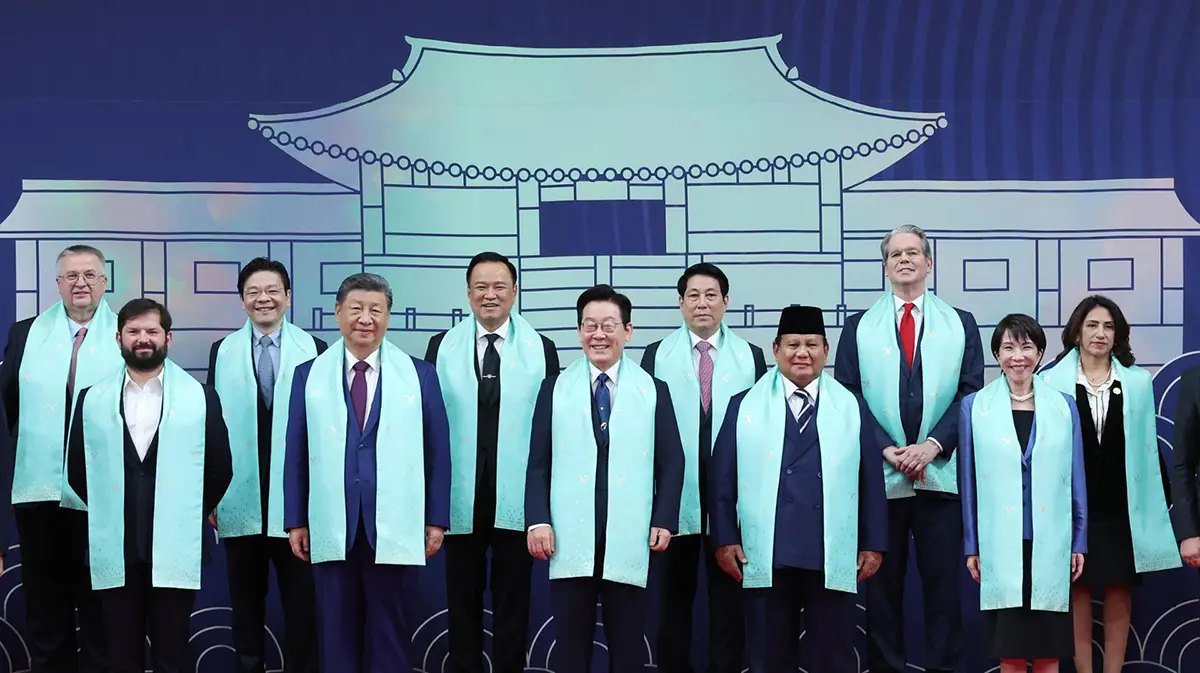Both US President Joe Biden and Russian President Vladimir Putin aim to halt the downward spiral of the bilateral relationship when they meet on June 16 in Geneva, Switzerland. Biden has noted the importance of a "stable and predictable relationship where we can work with Russia on issues like strategic stability and arms control." And Putin told NBC, "It is my great hope that … there will not be any impulse-based movements." The fact that the meeting is taking place indicates that both sides are interested in predictability and ensuring that any further deterioration of bilateral relations doesn't lead to conflict. But we see five significant points of contention between Moscow and Washington that are likely to be on the agenda in Geneva and persist after the meeting.
Diplomatic Relations
A series of Russian actions have led to worsening diplomatic relations since 2014. The most high-profile domestic issue has been Russian interference in the U.S. electoral process. In 2016, this included email leaks, the targeting of state election systems, and social media propaganda to "undermine public faith in the U.S. democratic process, denigrate [Hillary] Clinton, and harm her electability and potential presidency," as the U.S. intelligence community concluded. In the 2018 and 2020 U.S. elections, Russia appears to have continued engaging in social media propaganda.
The U.S. response to Russian actions has involved economic sanctions, though these have had little success in reversing Russian behavior. Washington and Moscow have also engaged in reciprocal closures of consular facilities and have expelled significant numbers of diplomatic personnel, which has dramatically slowed consular work. More recently, Russia recalled its ambassador to the United States for consultations in response to Biden agreeing when an interviewer called Putin a "killer."
European Security
Another significant issue has been Russia's destabilizing behavior in Europe. Since Russia's 2014 invasion of Ukraine and annexation of Crimea, the ensuing peace process has largely stalled. In March, Russia deployed 100,000 troops to its border with Ukraine, raising concerns about a dramatic military escalation. Russian intelligence operatives appear to have taken a series of brazen steps against U.S. allies, including an attempted assassination of a former Russian intelligence officer with a nerve agent in the United Kingdom and explosions of military storage facilities in the Czech Republic. Responding to these actions, as well as Russia's information warfare and propaganda campaigns, the U.S. and allies have introduced sanctions, adopted a stronger military deterrence posture in the region, and provided military aid to Ukraine.
Human Rights
Biden is likely to raise the topic of human rights in the meeting — yet another issue that has led to U.S. sanctions on Russia. Most recently, the focus has been on the fate of Russian opposition politician Alexey Navalny, who evidently sustained a nerve agent poisoning and returned to Russia after recuperating in Germany only to be arrested, tried and imprisoned. Authorities also swept up many of his regional allies, an effort to crack down on opposition forces ahead of parliamentary elections later this year, and added his movement to a list of "extremist" organizations, thus banning anyone affiliated from running for office. Russian authorities have further constrained free speech by labeling certain news outlets, online information sources and blogs as "foreign agents."
Cyber Issues
A key challenge in the bilateral relationship is Russia-based cybercrime. The ransomware attack that recently shut down Colonial Pipeline was traced to DarkSide — a hacking group presumably based in Russia. Another Russian-speaking cybercriminal gang, REvil, recently targeted U.S. operations of the meatpacking company JBS, resulting in a ransom payment of more than $11 million. Though the Russian government has not been directly linked to these cyberattacks, the Biden administration has accused Moscow of not adequately cracking down on cybercrime. Secretary of State Antony Blinken recently said, "No responsible country should be in the business of harboring in any way criminal organizations engaged in cyberattacks, including ransomware … We are looking for Russian cooperation in dealing with these criminal organizations to the extent they're operating from Russian territory."
These cases are only the latest in a growing trend of Russia-originated cyberattacks. The most serious of these was the 2020 Solar Winds hack, which left more than 18,000 software clients vulnerable to intrusion, including the Pentagon and U.S. Department of State. A federal investigation identified Russia's Foreign Intelligence Service as responsible for the attacks. The Biden administration introduced sanctions targeting the presumed perpetrators.
Strategic Stability
Perhaps the most significant challenge faced by the U.S. and Russia involves maintaining strategic stability between the two largest nuclear weapons states. Both countries are in the process of modernizing their nuclear arsenals. In January, Washington and Moscow agreed to a five-year extension of the New START treaty, which caps each country's deployed strategic nuclear weapons to 1,550. While this is a valuable first step, there are a number of unaddressed concerns that fall outside the scope of that agreement.
Many in the U.S. and NATO believe that Russia's stockpiles of shorter-range "nonstrategic" nuclear weapons should be constrained by a treaty as well. There is also worry about Russia's "exotic" nuclear weapons, such as a high-yield, nuclear-armed torpedo. Russia, for its part, has been concerned about U.S. strategic conventional capabilities and has long sought limitations on U.S. missile defense systems. Mutual strategic stability concerns include emerging military technologies: artificial intelligence, hypersonic weapons, and space capabilities that target satellite-based nuclear command, control and communications. China's growing nuclear arsenal, which is not constrained by any arms control agreements, is an additional source of U.S. worry. Reaching consensus on new constraints may be challenging, particularly given the recent demise of arms control and security agreements such as the Intermediate-Range Nuclear Forces treaty and the Open Skies Treaty.
Next Steps
The way Biden and Putin choose to address these key challenges will set the stage for next steps in the bilateral relationship. While strategic stability and cyber security may eventually prove to be fruitful areas for progress, it's likely that human rights and the situation in Ukraine will be much more intractable. But, in an atmosphere of low expectations, merely putting the brakes on the downward spiral may meet a limited definition of "success."
Mary Chesnut is an Associate Research Analyst in CNA's Russia Studies Program where she works on issues related to the Russian military and nuclear weapons.
Anya Fink is a Research Analyst in CNA’s Russia Studies Program. Her research focuses on Russian strategy and approaches to deterrence, Russian military thought, and nuclear weapons issues.


